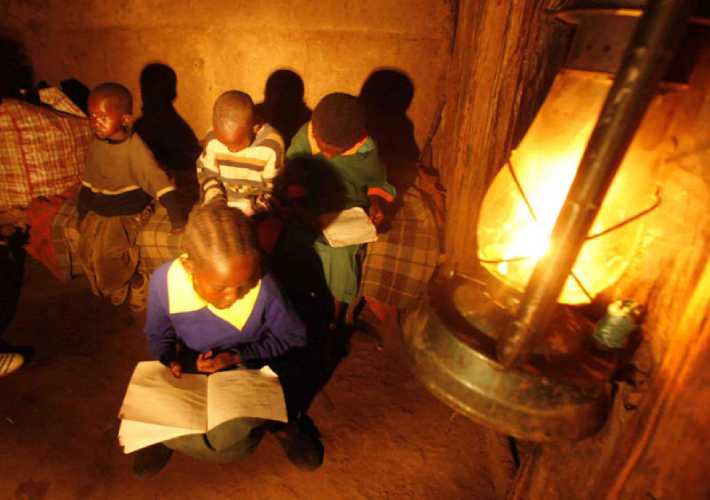×
The Standard e-Paper
Fearless, Trusted News

Energy poverty in Africa is denying many opportunities to develop and live better.
Reports indicate that at least 600 million people in Africa lack access to electricity, while another 900 million have no clean cooking energy, leading to the destruction of forests to access wood fuel.